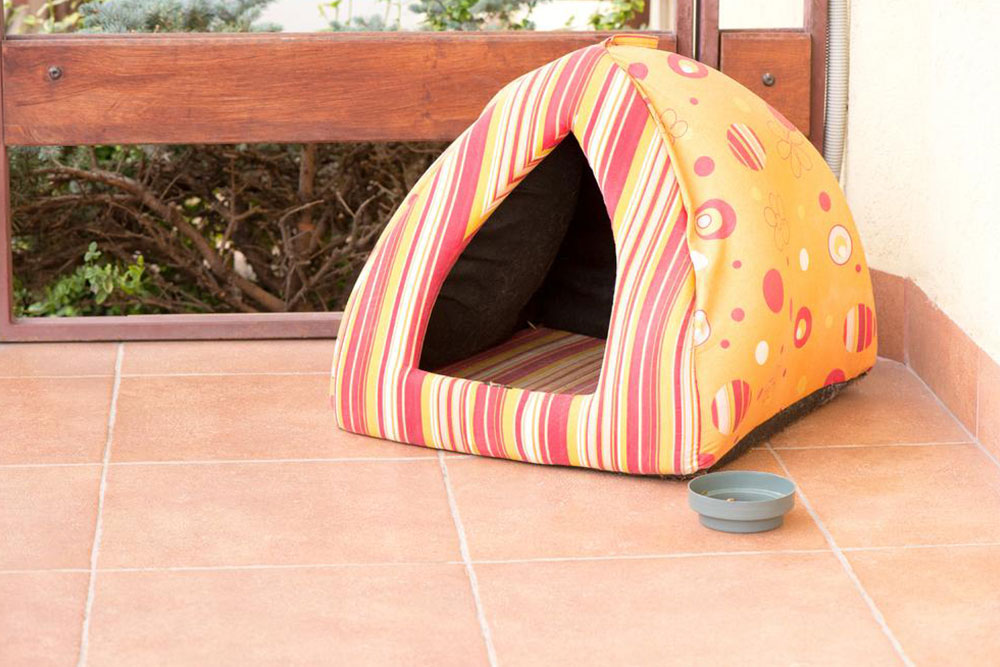Essential Tips for Choosing the Perfect Small Dog Breed
Discover essential tips for choosing the ideal small dog breed for your family. From breed selection and health checks to financial considerations and training, this guide helps prospective pet owners make informed decisions for a long-lasting and joyful companionship. Learn how to involve your family, understand breed needs, and ensure your new furry friend remains healthy and happy through proper care and socialization.
Essential Tips for Choosing the Perfect Small Dog Breed
Owning a dog is a rewarding experience, but selecting the right small breed requires careful thought. Many pet stores offer a variety of small dogs suitable for different lifestyles. To ensure a happy life together, understanding each breed's behavior and care needs is crucial. If you're interested in adding a small dog to your family, here are key tips to guide your decision-making process.
Involve the Whole Family in Decision-Making
Before bringing a dog home, make sure everyone in the household agrees. The new pet should integrate smoothly into your living environment. When choosing a small breed, consider each family member’s preferences and lifestyle. Remember, small dogs can live 12–15 years, so this is a long-term commitment that should be based on practicality as well as affection.
Select the Appropriate Breed
Once your family is onboard, focus on breed selection. You can seek advice from experienced dog owners or consult with a veterinarian for guidance. Active breeds like Jack Russell Terriers require regular exercise and energetic play, while more adaptable companions like Maltese are suitable for households with other pets. Choosing the right breed ensures compatibility and happiness for everyone involved.
Understand the Financial Commitment
Owning a small dog involves ongoing expenses such as food, toys, veterinary care, and grooming. Additional costs may include travel kennels or pet sitting if you're away. Assess whether you can dedicate time and resources to care for your pet’s needs. Each breed has different maintenance requirements, so plan accordingly to avoid financial strain.
Prioritize a Healthy Puppy
Health is a key factor when selecting a small dog. Be cautious of breeders claiming to provide perfect puppies—they may not always be reliable. When possible, meet the puppy’s parents to evaluate their health and genetic traits. Breeds like Shih Tzus are suitable for families with children and tend to have fewer health issues if properly bred. Ensuring good health at the outset helps prevent future problems.
Visit a Veterinarian
After choosing a puppy, schedule a vet appointment promptly. Regular checkups and vaccinations are vital for your dog’s well-being. Find a trustworthy veterinarian in your area to guide you on health care practices and prevent illness. Early vet visits also help establish a care routine from the beginning.
Socialize and Train Your Dog
Proper socialization and training are essential for a well-behaved pet. Expose your puppy to different people and environments gradually, and provide consistent training. Remember, your playful puppy will age and require ongoing care; preparedness for their senior years is important to maintain a strong bond and ensure their happiness.










